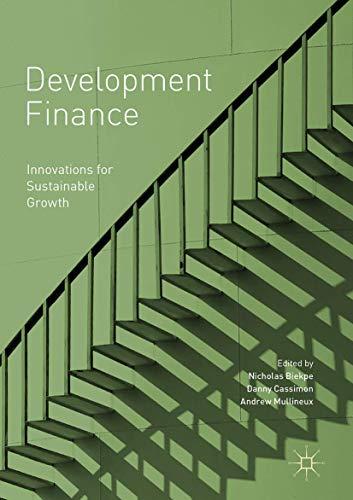1. Every investor in the world hates sigma and likes E(R). There are only three risky assets in the world, the stocks GE, IBM and CSCO. You know Stock GE Price per share $100 $200 $15 Number of shares outstanding Expected return 2000 10 IBM 9000 CSCO 18000 13 The risk-free rate is 4%. Find the "best", ie., the lowest-sigma, portfolio of these 4 assets that has an expected return of 10%. If I invest $ 100 in this portfolio, how much will be invested in GE stock? 2. Given the information below, sort the stocks in the order of the expected return you would need from them if you had to hold them: (a) individually (i.e., the stock would form your entire portfolio). (b) as part of a large, well-diversified portfolio resembling the market. Stoc a (in %) B 20 0.5 10 1 .5 5 2 3. The risk-free rate is 0% and the expected return on the market is 10%. You are given the same stocks as in Q 2. Assuming, as in Q 2(b), that you hold the stock as part of a well-diversified portfolio, which stocks would you buy if the expected return on the stocks were as below: Stock Expected return in % 5 12 C D 15 4. Estimate the beta of IBM using the 24 mnonths of return data I created in class and posted on Blackboard. For the market return, use the return in the file marketre turn txt. The return dated 20090131, for instance, is the return from holding a stock ABCD AB from the beginning of January 2009 to the beginning of February 2009 You will not need to use all the data in this file, just choose the data need. you 5. The beta of asset A is 1.3, and the beta of asset B is -0.2. What is the beta of a portfolio that invests $100 in asset A and goes short $50 of asset B? 1. Every investor in the world hates sigma and likes E(R). There are only three risky assets in the world, the stocks GE, IBM and CSCO. You know Stock GE Price per share $100 $200 $15 Number of shares outstanding Expected return 2000 10 IBM 9000 CSCO 18000 13 The risk-free rate is 4%. Find the "best", ie., the lowest-sigma, portfolio of these 4 assets that has an expected return of 10%. If I invest $ 100 in this portfolio, how much will be invested in GE stock? 2. Given the information below, sort the stocks in the order of the expected return you would need from them if you had to hold them: (a) individually (i.e., the stock would form your entire portfolio). (b) as part of a large, well-diversified portfolio resembling the market. Stoc a (in %) B 20 0.5 10 1 .5 5 2 3. The risk-free rate is 0% and the expected return on the market is 10%. You are given the same stocks as in Q 2. Assuming, as in Q 2(b), that you hold the stock as part of a well-diversified portfolio, which stocks would you buy if the expected return on the stocks were as below: Stock Expected return in % 5 12 C D 15 4. Estimate the beta of IBM using the 24 mnonths of return data I created in class and posted on Blackboard. For the market return, use the return in the file marketre turn txt. The return dated 20090131, for instance, is the return from holding a stock ABCD AB from the beginning of January 2009 to the beginning of February 2009 You will not need to use all the data in this file, just choose the data need. you 5. The beta of asset A is 1.3, and the beta of asset B is -0.2. What is the beta of a portfolio that invests $100 in asset A and goes short $50 of asset B








